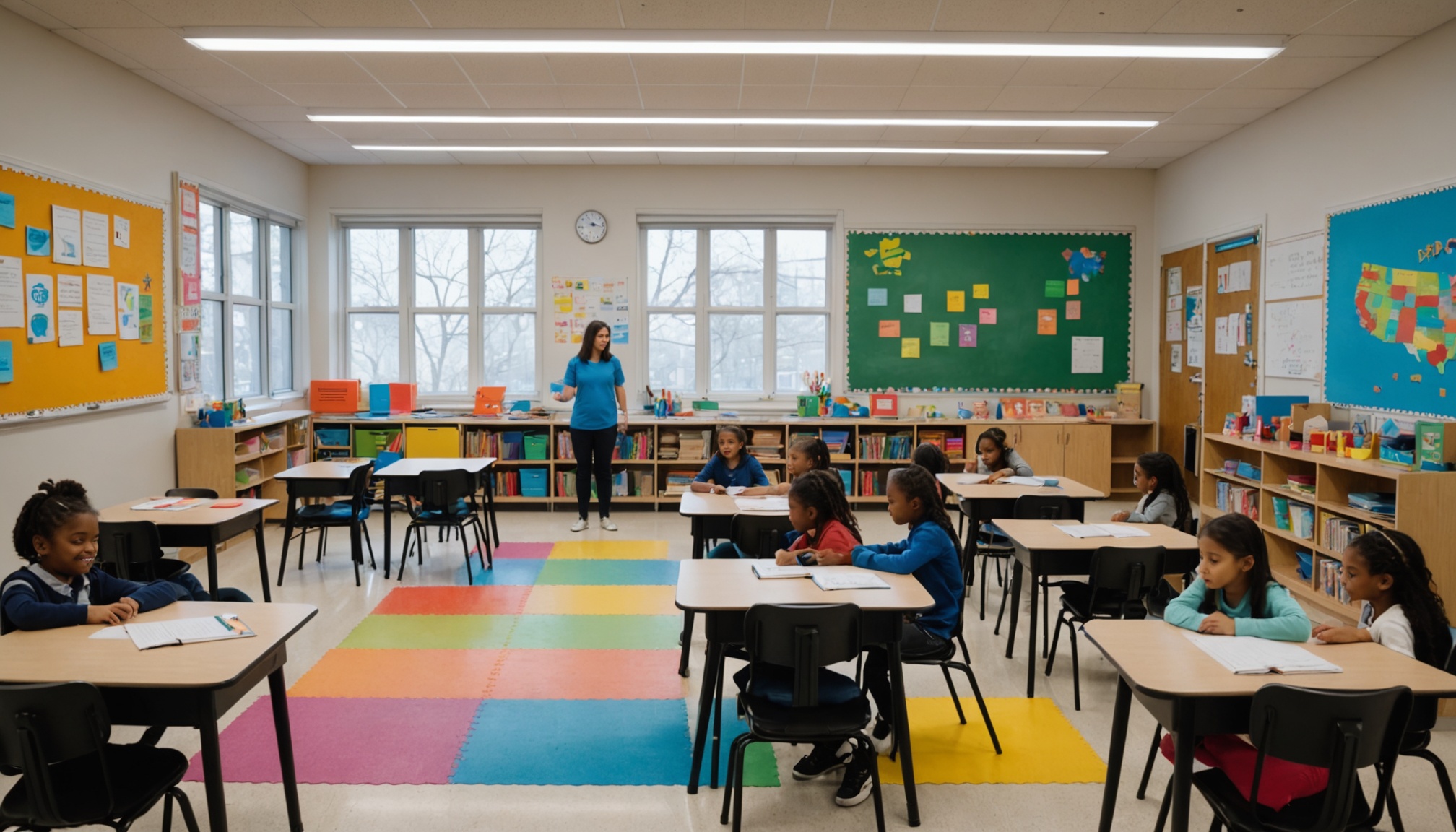Empowering Toronto Students: The Value of Trauma-Informed Classrooms in 2025
Feeling safe, seen, and supported is crucial for every student’s mental health and academic success. In Toronto, trauma-informed classrooms are gaining recognition as a key approach to fostering student well-being—especially for youth who’ve faced adversity or stress. By implementing best practices, educators help every learner feel welcome and resilient. Here’s an updated guide on how Toronto schools are leading the way in trauma-informed education.
Why Trauma-Informed Classrooms Matter in Toronto
In urban areas like Toronto, students often experience a broad spectrum of challenges—family changes, immigration stress, community violence, or past trauma. A trauma-informed classroom doesn’t focus solely on academic achievement. Instead, it actively considers student experiences and prioritizes emotional safety, calm routines, and trust-building. This approach not only benefits those directly affected by trauma but creates a more empathetic, productive class environment for all.
Key Trauma-Informed Strategies Used by Toronto Educators
- Predictable Schedules: Posting daily routines and expectations gives students a vital sense of stability.
- Emotional Regulation Tools: Classrooms integrate calm-down corners, sensory tools, and breaks for mindfulness or deep breathing—helping students manage big emotions discreetly.
- Strengths-Based Feedback: Teachers use praise and encouragement to highlight effort, perseverance, and kindness rather than only academic outcomes.
- Clear, Gentle Communication: Instructions and corrections are delivered calmly, with a focus on repairing relationships rather than shaming or isolating students.
Equity, Inclusion, and Anti-Stigma Efforts
Leading trauma-informed classrooms in Toronto recognize the diverse cultural backgrounds and mental health needs of their students. By using inclusive language, celebrating multicultural events, and providing supports in multiple languages, schools create environments where every child feels a sense of belonging. Teachers are also receiving ongoing training to spot early signs of distress and to avoid reinforcing stigma around mental health challenges.
Integrating Community and Professional Mental Health Support
Increasingly, Toronto classrooms are partnering with mental wellness specialists, such as school counsellors or community-based clinics. Having a team approach enables early intervention, smoother referrals, and stronger relationships with caregivers. CAMH’s trauma-informed guidelines support these best practices, setting a standard for compassionate care in schools.
How to Support or Advocate for Trauma-Informed Classrooms
Parents, educators, and community members all play a role in strengthening trauma-informed learning environments. If you’re seeking guidance or professional support for a student who might be struggling, learn about trauma-informed care at Dynamic Health Clinic or contact our team to book a confidential initial assessment.
No student should feel isolated or misunderstood. Trauma-informed classrooms are the key to unlocking every child’s resilience, potential, and joy in learning—here in Toronto and beyond.






